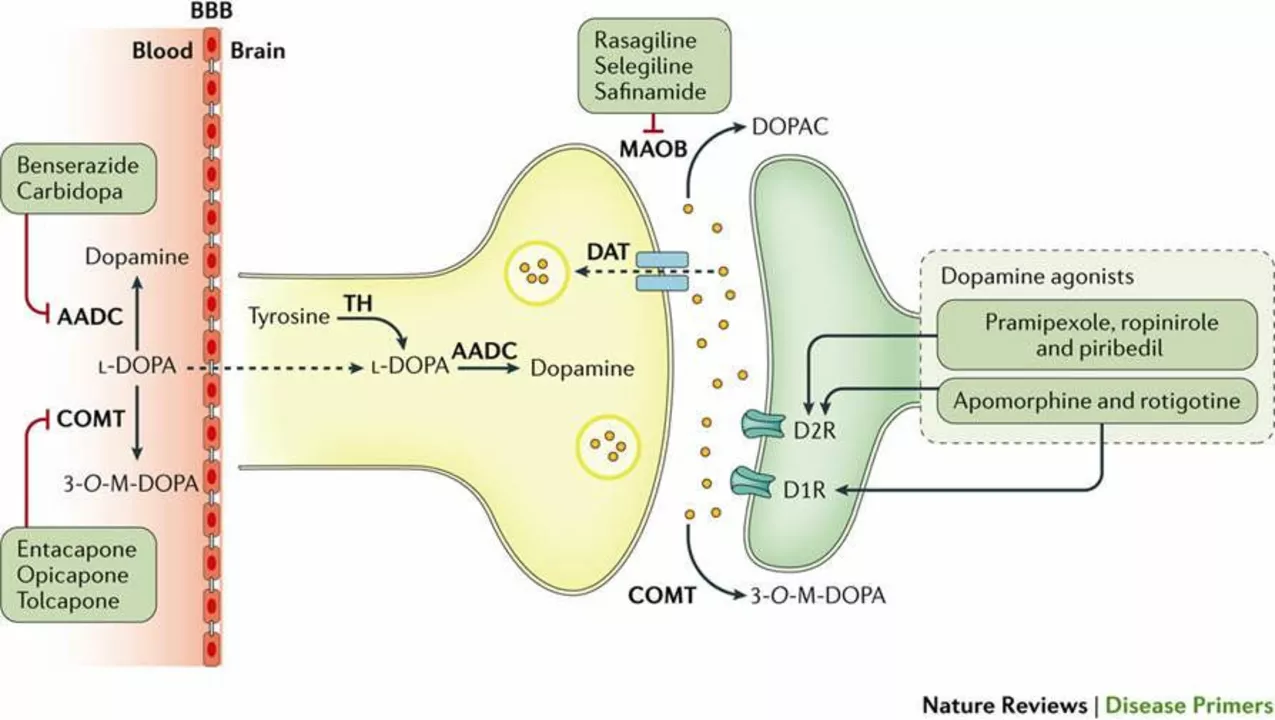Fatigue Management: Practical Ways to Boost Your Energy
Feeling tired all the time isn't just part of being busy. Fatigue can come from poor sleep, low nutrients, meds, or an undiagnosed condition. You can start fixing it today with small, concrete steps that make a real difference.
Quick, practical fixes you can try now
Sleep first: aim for a consistent bedtime and wake time. Even a 30-minute shift toward regular hours helps your body clock. Keep the bedroom dark, cool, and phone-free for better sleep quality.
Use short naps wisely. A 20–30 minute nap in the early afternoon can reset alertness without ruining nighttime sleep. Avoid long or late naps that make sleep harder.
Watch caffeine. A morning coffee helps, but cut caffeine after mid-afternoon. Too much can fragment sleep and worsen next-day tiredness.
Fuel smart: spread protein and healthy fats across meals to avoid energy crashes. Include whole grains, beans, nuts, and lean protein. Skip heavy, high-sugar meals that leave you sluggish.
Hydrate. Mild dehydration causes fatigue fast. Keep a water bottle nearby and sip throughout the day. If you sweat a lot or take diuretics, add an electrolyte-rich drink occasionally.
Move more: short walks, a few bodyweight exercises, or stretching breaks boost circulation and alertness. Even five minutes of brisk movement every hour helps.
When fatigue could be from meds or nutrient gaps
Some prescriptions cause tiredness as a side effect. Beta-blockers like bisoprolol, blood pressure changes after stopping metoprolol, or diuretics like Lasix can affect energy. Acid-suppressing drugs and some antibiotics may also interfere with nutrient absorption. If you suspect a med, don’t stop it—talk to your doctor or pharmacist about timing, dose changes, or alternatives.
Low iron, B12, vitamin D, and thyroid problems are common culprits. A simple blood test can identify these and point to an easy fix. Mention your fatigue, sleep, diet, and any medications when you ask for tests.
Track patterns for two weeks: note sleep times, mood, meals, meds, and energy peaks. That makes it easier to spot triggers—like late-night screens, missed meals, or a med dose that lines up with low-energy periods.
Plan tasks around your energy. Do demanding work when you’re freshest. Save routine chores for low-energy windows. Break big tasks into 25–50 minute sprints with short breaks.
If fatigue is severe, sudden, or paired with weight loss, shortness of breath, fainting, or confusion, get medical attention right away. Those signs need quick evaluation.
Want a medication review or practical help matching supplements to test results? Contact Shiner Family Pharmacy — we can check interactions, suggest timing changes, and point you to tests that catch common causes of fatigue.

